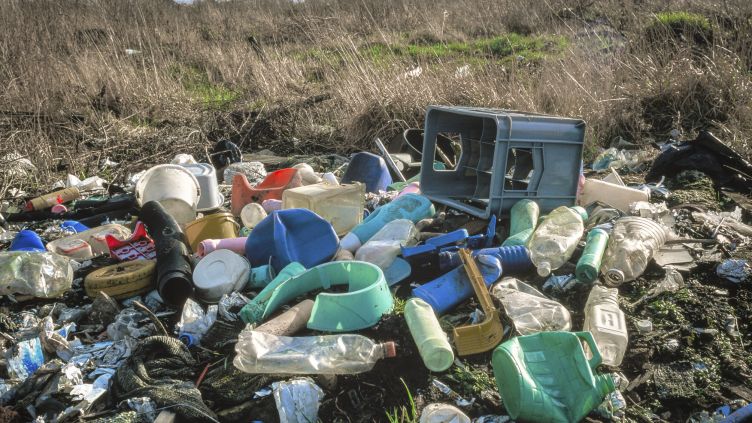
Report highlights 2 Egyptian projects among major clean energy ventures in N.Africa
A report by Energy Capital & Power highlighted two Egyptian projects – Suez Wind Power ...

Sheffield University researchers have conducted a first-of-its-kind study on how language can influence the public’s thoughts and behavior towards plastics reuse and recycling.
The study – entitled ‘How to talk about Plastics’ – provides guidelines on how to use language to reduce plastic pollution without falling into the trap of greenwashing. The manual gives direction in constructing effective messages to influence behavior around plastic waste.
The study, by academics in the University’s School of English, has found that supermarkets and manufacturers use language which frames themselves as helping and supporting customers to make pro-environmental choices. However, findings from the research show that this isn’t how consumers see the relationship.
The team collected linguistic data to see clearly how people talk about plastics in their everyday lives and how different language choices can affect behavior.
After analyzing over 4.5 million words used in advertising, packaging, local council guidance, consumer language on social media and running focus groups with members of the British public, the Sheffield researchers found that retailers, manufacturers and local councils often use language that doesn’t land well with consumers.
The study revealed consumers feel frustrated, uncertain, disempowered and overwhelmed with the global problem of plastic waste. The language they use suggests consumers are trying – but struggling – to make sense of the plastic crisis and are appealing to industry and councils for action on plastics.
Findings show that consumers feel heavily reliant on companies and institutions to create a real change around plastics, packaging and their impact on the environment.
Professor Joanna Gavins, Chair in English Language and Literature at the University of Sheffield, who led the research, said “We found that while most people wanted to reduce their plastic usage, they felt powerless and unable to do so. Many supermarkets provide goods in single-use packaging that consumers didn’t necessarily ask for in the first place. There was a strong sense of frustration from consumers who felt like they were being blamed for something they had little control over.”
“Our research highlights an uncomfortable relationship between retailers and individuals due to language choices that aren’t landing well with consumers. Many supermarkets use words such as ‘helping’, ‘supporting’ and ‘providing’ in their communications, but these sentiments are not felt by the general public, causing a detachment between brands and consumers.”
When analyzing the language used by retailers, the researchers suggest companies often use language similar to that of a parent. They present themselves as an enabler – helping consumers to reduce plastic waste only by virtue of shopping with them.
Professor Gavins said “Our research has found that consumers don’t feel helped or enabled to tackle plastic waste and that they want supermarkets and manufacturers to take more responsibility for plastics pollution. We’re recommending that businesses and other organizations reframe their language to emphasize the hard work that customers put into recycling and reuse. People need to be able to recognize the role they play in reducing plastic waste and feel that their efforts make a difference.”
Based on the findings, the Sheffield researchers have developed a guide to circulate to every local council in the UK, as well as supermarkets and plastics manufacturers nationally and internationally on means of constructing effective messages to influence public behavior around plastic waste.
The study and guide have been produced as part of Many Happy Returns (MHR) – a £1 million multidisciplinary research project funded by UK Research and Innovation through the Smart Sustainable Plastics Packaging Challenge. Of the 10 university-led projects participating in this UKRI challenge, MHR is the only one to include a work package dedicated specifically to language.
Professor Gavins added “Scientific, technological and engineering solutions for plastic pollution can’t tackle the problem alone. What really matters is behavior change and encouraging more people to take up systems of reusing, before recycling. But to encourage this change you have to understand the benefits of reusing plastic and this can be done through language.”
“The interdisciplinary nature of this project has been fundamental to evidencing society’s attitudes and behaviors towards plastic. I’m fortunate to work in an institution where linguistics is valued as much as science and engineering and hope our work together will drive business and behavior change to reduce unnecessary plastic waste.”
A report by Energy Capital & Power highlighted two Egyptian projects – Suez Wind Power ...
The opening concert of the Annual Meeting 2025 in Davos-Klosters will address the pressing issues ...
Juhayna Food Industries proudly announced that its agricultural arm, El Enmaa for Agricultural Development, has ...


اترك تعليقا